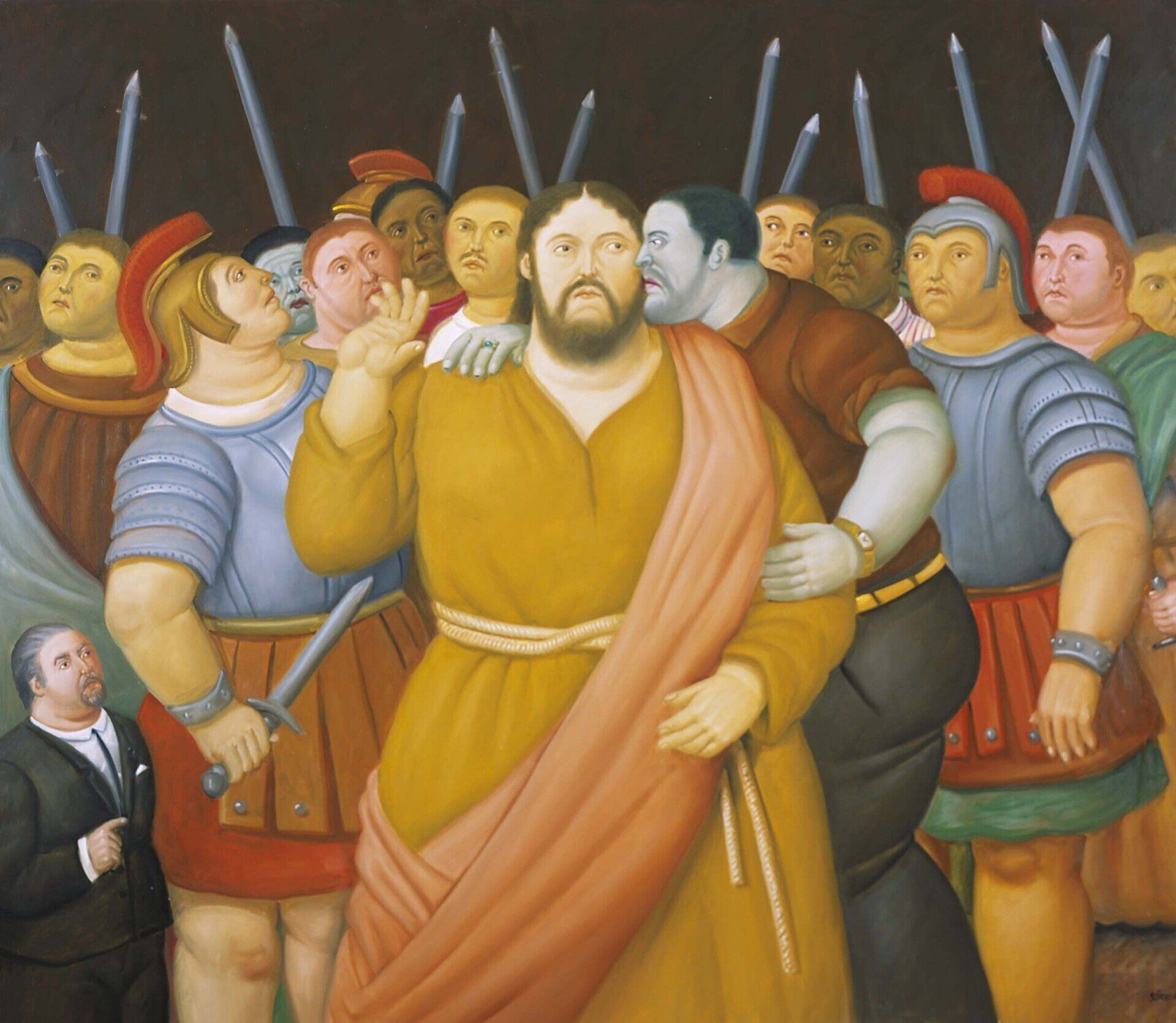11 abril 2022
Ana del Río
Religious expressions in Spanish

1. Estar más contento que unas pascuas
To begin with, what better than this expression, literally, happier than Easter, referring to the happiness felt by Catholics who follow these festivities, which in Spain are celebrated in style. Many people dedicate themselves body and soul to the preparation of the processions and other religious acts that take place during these dates.
- Mi hermana está más contenta que unas pascuas en su nuevo trabajo.
2. Ser más bueno que un santo
If we talk about goodness, we have this expression that is not difficult to understand: to be more good than a saint.
- Todos se aprovechan de él porque es más bueno que un santo
3. Ser más malo que el demonio
And on the contrary, whoever exudes evil from all his pores is said to be more evil than a demon.
- El antiguo dueño de Blacky dijo que era más malo que el demonio, pero en realidad es un perro buenísimo.
4. Llorar como una Magdalena
We use the expression “cry like a Magdalena” -not like a cupcake-, to refer to someone crying a lot or inconsolably. This phrase refers to Mary Magdalene, a biblical character saved by Jesus from being stoned when she was accused of adultery (according to the Gospel of John) and who was present during the crucifixion, weeping bitterly over the death of the Messiah.
- Cuando se despidió de sus amigos, lloró como una Magdalena.

Magdalena penitente (1635-1640) José de Ribera, Museo del Prado (Madrid)
5. Ser más papista que el Papa
Dedicate this expression to the one who acts like a fan and unconditionally supports someone or something, becoming more papist than the pope.
- Luis votará siempre al mismo partido, es más papista que el Papa.
6. Tener más paciencia que un santo
Language teachers usually have this quality, essential to explain for the thirtieth time the past tense to our students. In English, to have the patience of a saint.
- Nuestro profe tiene más paciencia que un santo, nos repite lo que necesitemos sin protestar.
7. Ser más falso que Judas
You can dedicate this expression referring to Judas, the biblical character known for his betrayals, to the one who is a double-faced.
- María les contó a todos mi secreto, es más falsa que Judas.

El beso de Judas (2010), Botero, Museo de Antioquia (Medellín)
8. Hacer algo como Dios manda
This expression is used to explain that something must be done correctly, exactly, as it should.
- Tienes que aprender a conducir como Dios manda para no tener accidentes.
Enough of comparisons, there are many other religious expressions that deserve our attention. Look how curious:
9. La procesión va por dentro
We have to know that Easter processions are an open and public demonstration of religiosity. This expression, that literally means the procession goes inside, means that someone is going through a bad time and is suffering because of it, but it does not say anything, keep the things inside or put on a brave face.
- A Susana no le ha afectado para nada la ruptura.
- Sí le ha afectado, sí, pero la procesión va por dentro.
10. Estar pasando un calvario
This idiom refers to the Passion of Christ, who was crucified on Mount Calvary and refers to suffering hardships and misfortunes.
- Desde que empezó la carrera de Medicina, está pasando un calvario: no le gusta nada.
11. Meter el dedo en la llaga
Once Jesus was resurrected, Saint Thomas, not believing in the resurrection, touched his wounds to see that it really was Jesus. Nowadays it is used to refer to a person who insist in a damage caused or a rough topic, which has left psychological or sentimental consequences.
- Claro, tú como no trabajas, no tienes que levantarte temprano.
- Oye, no metas el dedo en la llaga, que estoy muy preocupada desde que perdí mi empleo.

La incredulidad de Santo Tomás, principios siglo XII, Monasterio de Silos (Burgos)
If you are a Spanish teacher and you want your students to learn how to talk about religious expressions in Spanish, check out our lastest teaching material available in our shop:
Explore our shop to find many other teaching materials:
























